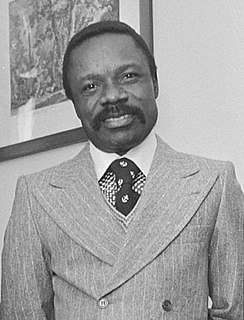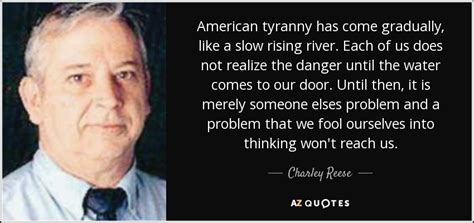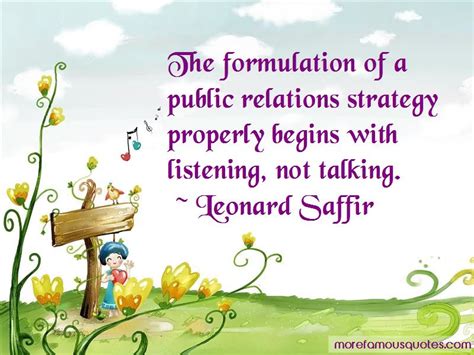A Quote by Omar Bongo
Instead of ideological objectives of a political nature, today we are faced with ideological objectives of economic nature.
Quote Topics
Related Quotes
Let us not confuse objectives with methods. Too many so-called leaders of the nation fail to see the forest because of the trees. Too many of them fail to recognize the vital necessity of planning for definite objectives. True leadership calls for the setting forth of the objectives and the rallying of public opinion in support of these objectives.
Let us beware of saying there are laws in nature. There are only necessities: there is no one to command, no one to obey, no one to transgress. When you realize there are no goals or objectives, then you realize, too, that there is no chance: for only in a world of objectives does the word chance have any meaning.
The ideological are individuals ultimately swamped by the complexities of modern life and political and economic relations; they have deliberately attached themselves to some caricatural maven like Falwell or Limbaugh who speaks to their manipulable pathos. The gulf between such individuals' education or intellectual competence or information and the actual issues of our times is simply too great. They were bred to be culture-media for false consciousness, junkies who crawl on their bellies across broken glass for another hit of "clarifying wisdom" from some ideological Pope.
One can say that the author is an ideological product, since we represent him as the opposite of his historically real function. (When a historically given function is represented in a figure that inverts it, one has an ideological production.) The author is therefore the ideological figure by which one marks the manner in which we fear the proliferation of meaning.











































